|
The grandeur of Tanner Manor belied our humble lifestyle, but we were rich in some ways. Because Mom and Dad trusted us, they gave us a very long leash to play and discover things on our own, making us rich in freedom. We didn’t have to go much further than the walls and halls of our own home to find adventures. Consequently, no nook or cranny of Tanner Manor went unexplored.
0 Comments
I had to miss Mom and Dad’s 50th wedding anniversary weekend celebration because I was pregnant with Craig and weeks away from delivering, but the other siblings went to Utah to be with the folks. Bobbe, in particular, made it special by compiling a couple of binders full of mementos. Scott later told me one of the binders included a letter I wrote to Santa when I was only four years old.
Only four? Really? For most of my young years, we didn’t own a washer and dryer, and I always assumed we couldn’t afford one, but it turns out Mom didn’t want them. Thirteen kids and she didn’t want to be able to launder clothes on the premises? Impossible! But Dad verified it when I was grown.
Instead of doing loads of laundry throughout each day, Mom preferred to knock out the gargantuan task in a few hours. So, a couple times a week she’d get up “before the crack of dawn," wake two or three of us younger kids (who didn’t attend seminary yet), borrow change from the older kids, then orchestrate the production line of loading the station wagon with dirty clothes. Unforgiveness and grudges among blood relatives is so much more common than I ever imagined.
One night, my book group discussed families breaking up over an argument or small dispute. Evidently, certain groups are infamous for their contentious ways, as I learned from friends who hail from various places around the globe. One lady said when West Virginians disagree, they simply stop talking to each other; Italians, in contrast, favor a more vociferous cutting off, perpetuating anger over long-forgotten quarrels; and Germans, even after decades of not talking, refuse to visit relatives so their children and grandchildren may go their whole lives without knowing their grandparents and aunts and uncles. In the Tanner family, this kind of behavior would be considered immature and unacceptable. From my earliest memories, Dad was in debt. I wasn’t told directly how The Debt (better known as The Debt) came to be such an unwelcome but close member of the family, but it didn't take much to figure out it was the black sheep. As the years rolled on, I picked up bits and pieces about Dad borrowing money from friends to build “The Business,” another complicated family member. This I did know: The Debt weighed heavily on our very existence.
Above all else, what I loved about the McDonalds’ house next door was their pool. Sometimes, we would act politely and wait to be invited, and sometimes we’d drop big hints, but on particularly scorching-hot days we didn’t have much patience and would ask straight out if we could swim in their pool. Suits on and towels already in hand, we’d hoist ourselves over the cinderblock wall and scurry into the pool yard to swim to our hearts’ content.
Loud and fast: two words that describe my younger self.
I was a very active little girl, in constant motion from sunup to sundown. However, when I got a cold, sometimes it would turn into something worse, and my very personality would change. I may have forgotten this pattern, except for a couple of memories. [A posthumous tribute I wrote on Dad’s 90th birthday] As a very little girl, I used to love playing in a closet just off the back stairs. If I closed the door, I felt alone in a house otherwise teeming with people but safe in a world full of potential adventure and hidden treasures including hundreds of worn paperbacks, my mother’s colored array of high-heeled shoes, and stylish hats in hatboxes from another era.
Exploring in the closet one day, I played with the door’s heavy, brass lock and accidentally locked myself in. Suddenly, I didn’t feel safe anymore. Fun and adventure quickly turned to fear and isolation—feelings mostly foreign to me as a child. Even those dearest to me couldn’t help me escape. My mother couldn’t explain how to unlatch the lock, my brothers couldn’t unlock it from the outside, and my sisters couldn’t comfort me with their kind words. Then my dad happened along. Athelia Sears Tanner, age 99, passed away on January 16, 2020. She was born on September 12, 1920 in Bountiful, Utah, the seventh of ten children. She grew up in Salt Lake City, where she met William Coats (Bill) Tanner, Jr. in high school. They were sealed in the Salt Lake Temple on February 14, 1942. She graduated from the University of Utah with a degree in nutritional science while expecting her first child. She and Bill moved several times while he went to war and pursued graduate degrees. By the time he graduated in 1952, the couple had six children. They moved their growing family to South Pasadena, California, where they lived for the next thirty-four years and reared 13 children (seven sons and six daughters).
After sending most of their children on church missions, Bill and Athelia themselves spent the next decade and a half serving five missions together, including one as President of the Illinois Chicago Mission. Their love and service have touched the lives of thousands of people and have had an immeasurable impact on their posterity. Following Bill’s passing in 2002, Athelia served yet another mission for the church at the Nauvoo Illinois Temple with her sister Lue. Tanner Manor boasted eight bedrooms and six bathrooms but only one shower. With several rows of perforated piping, the master bathroom “surround shower” was way ahead of its time. Sadly, though, we never used it because it leaked. So, in typical Tanner-fashion, we neither complained about it nor fixed it; we simply used our only other option: the bathtubs.
Tanners were first-rate bathers. We knew how to maximize the water and space in a tub. When we were younger, we bathed like pioneers, sharing bath water till it went murky and cold. Later, when we were allowed the luxury of having our own baths, we learned how to bathe quickly when needed and to take long baths (like Mom) whenever possible. |
Meet JanetI'm the twelfth of 13 children. I was born into a poor family rich in blessings. We lived in South Pasadena, California on top of a hill in a big house we called Tanner Manor. These are my stories of growing up there. Archives
June 2024
Categories |



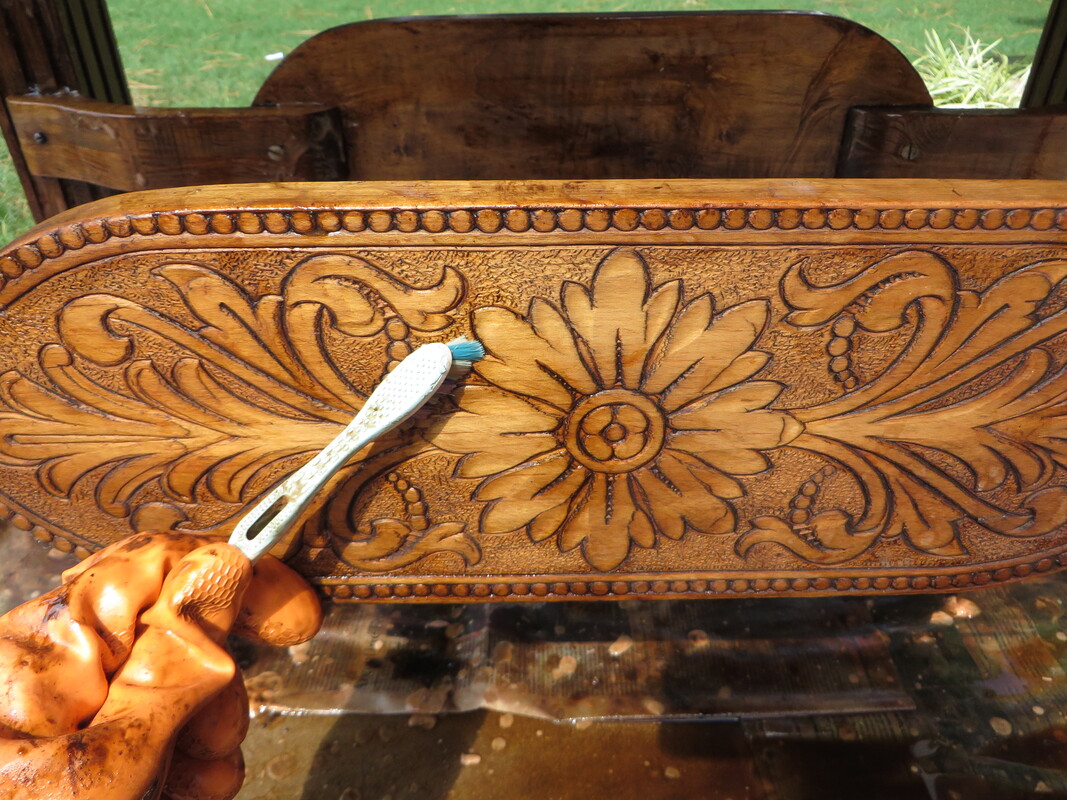
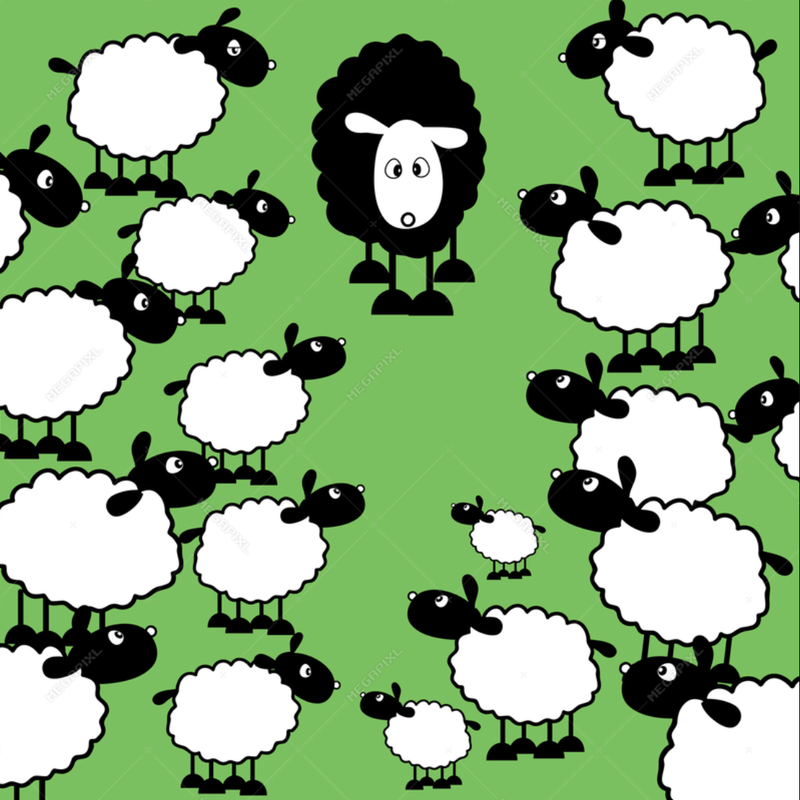


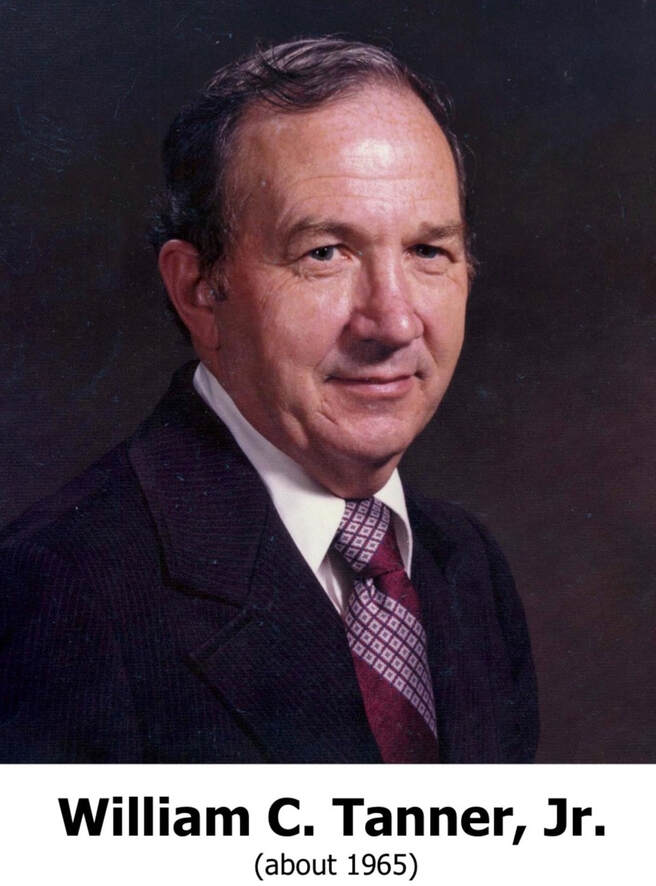
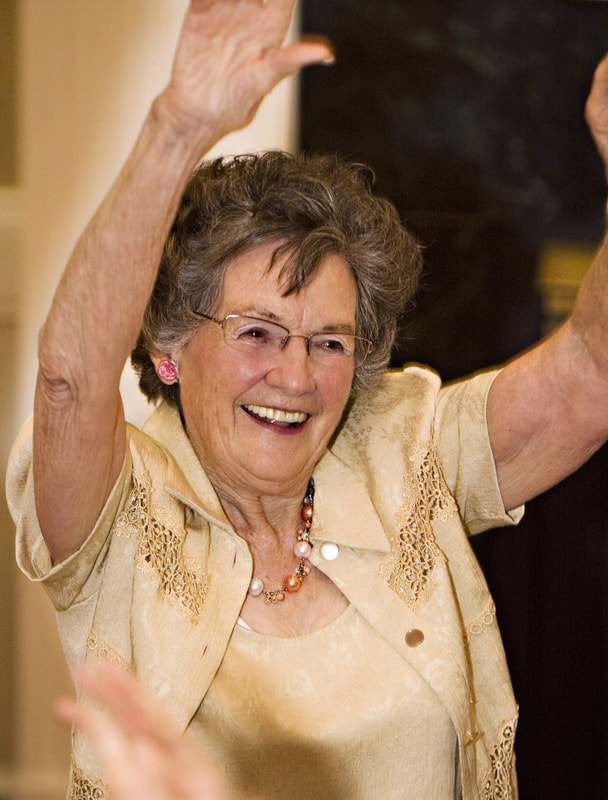
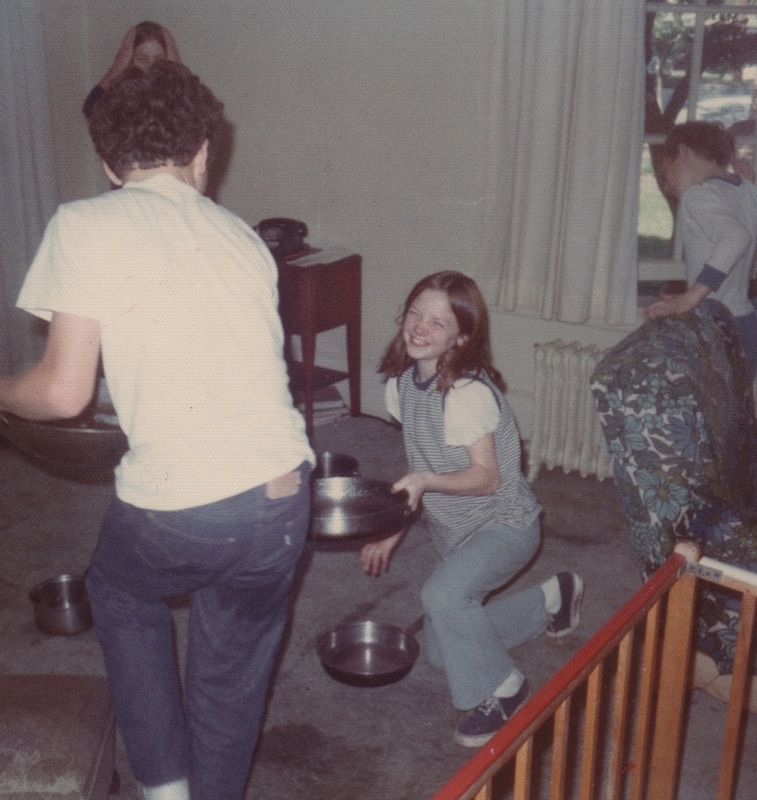
 RSS Feed
RSS Feed